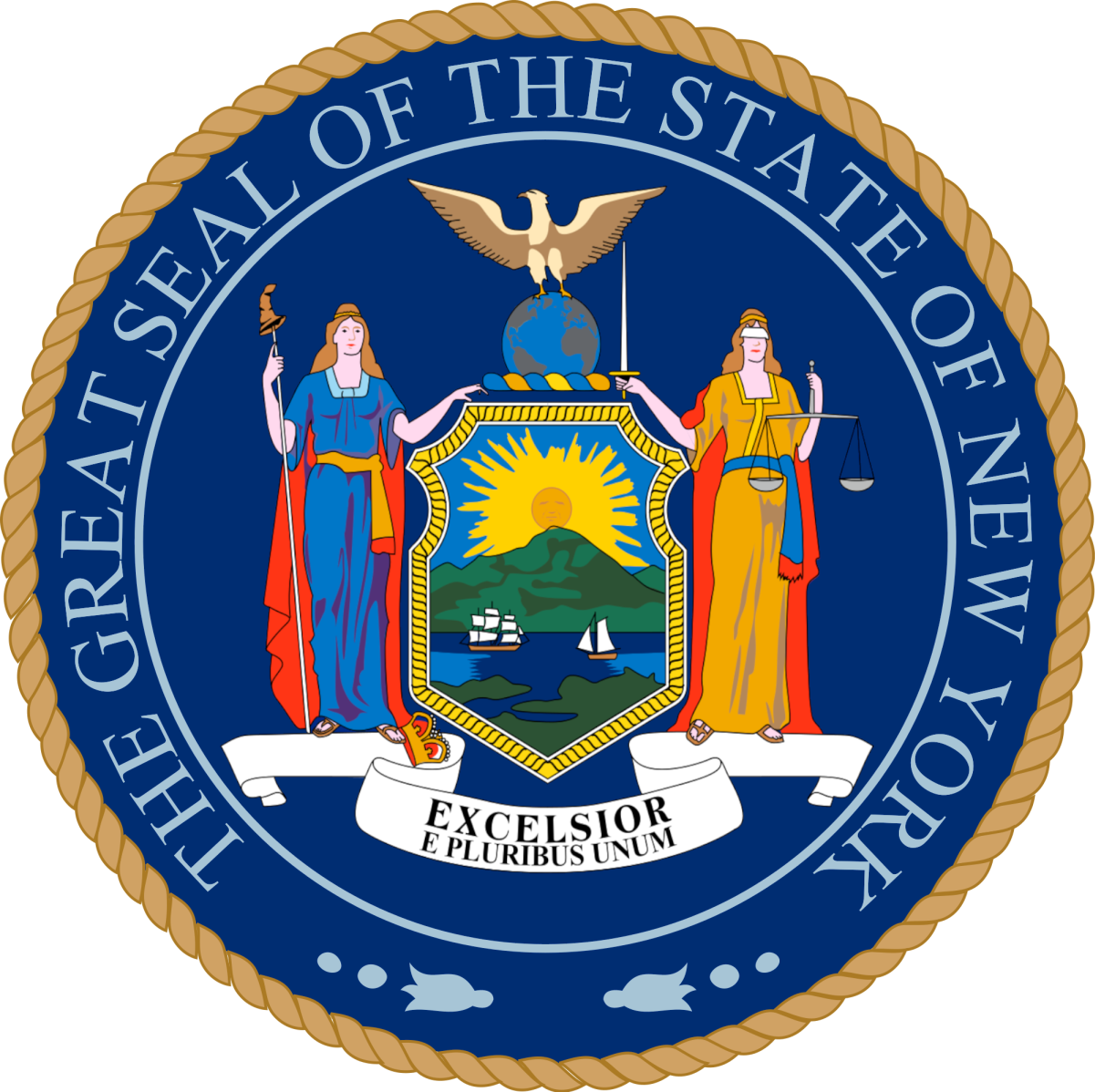Generic Advisory Opinion
The Legislative Ethics Commission has approved generic advice on the topic listed below. The guidance offered is general in nature and the Commission's response to individual questions may vary according to the facts of each particular request. You are strongly advised to consult Commission staff or your counsel's office for advice pertaining to your individual situation.
Attendance at National Political Conventions Generic Advice
The following advice pertaining to attendance at national political party conventions was approved by the Commission in response to numerous requests from members of the legislature regarding any restrictions on participation under Public Officers Law.
RELEVANT STATUTE: Public Officers Law §73(5)(a) and (b); Legislative Law §1-c(j)
DISCUSSION: Public Officers Law §73(5)(b) provides the applicable standard on gifts with regard to gifts from persons prohibited, pursuant to section one-m of the legislative law, from giving gifts to public officials (lobbyists and clients of lobbyists). The section reads, in pertinent part, that no member of the legislature or legislative employee shall:
Solicit, accept or receive any gift, as defined in section one-c of the
legislative law, from any person who is prohibited from delivering
such gift pursuant to section one-m of the legislative law unless under the
circumstances it is not reasonable to infer that the gift was intended
to influence him or her [.]
Section 1-c(j) of the Legislative Law provides, in part, as follows:
The term ‘gift’ shall mean anything of more than nominal value given
to a public official in any form including, but not limited to money, service,
loan, travel, lodging, meals, refreshments, entertainment, discount,
forbearance, or promise, having a monetary value.
The following are excluded from the definition of a gift:. . .
. . .(i) complimentary attendance, including food and beverage, at bona fide charitable or political events...
The National Political Party conventions, attended by elected delegates, are held to select national candidates and develop policy positions and are hosted by their respective political parties. Clearly, members attend the conventions in their capacity as delegates; not as state legislators. These conventions are for the benefit of their respective political parties and as such, are political events for purposes of Legislative Law Section 1-c(j). With regard to events held in conjunction with the conventions, such as receptions held that are open to delegates, these events generally do not involve discussion or focus on New York State policy issues. These events are not held in an attempt to influence or reward state legislators in their official duties but rather as part of a political event that is national in scope.
Similarly, if the individual or entity paying for or hosting a convention related event was not a lobbyist or the client of a lobbyist, the standard would be that outlined in Public Officers Law Section 73(5)(a). The section states in relevant part, no member of the legislature or legislative employee shall, directly or indirectly:
(a) solicit, accept or receive any gift having more than a nominal value, whether in the form of money, service, loan, travel, lodging, meals, refreshments, entertainment, discount, forbearance or promise, or in any other form, under circumstances in which it could reasonably be inferred that the gift was intended to influence him or her, or could reasonably be expected to influence him or her, in the performance of his or her official duties or was intended as a reward for any official action on his or her part.
The Commission observes that even in the context of attending a national political convention as a delegate, members are governed by the provisions of Public Officers Law sections 73, 73-a and 74. As such, they may not accept gifts from attendees at the convention who may be seeking to influence them in their capacity as legislators. For example, they may not accept complimentary tickets to sporting events or go to a dinner valued at more than fifteen dollars, which is paid for by a lobbyist, client of a lobbyist registered in New York or a person or entity with interests before the legislature unless that dinner or event meets the definition of a widely attended event. Additionally, legislators are reminded that they are under a continuing obligation to follow the standards of conduct outlined in Section 74 of the Public Officers Law.
Section 1-c(j) of the Legislative Law also provides, in part, as follows:
The following are excluded from the definition of a gift:
(ii) complimentary attendance, food and beverage offered by the
sponsor of a widely attended event. The term "widely attended event"
shall mean an event: (A) which at least twenty-five individuals other
than members, officers, or employees from the governmental entity in
which the public official serves attend or were, in good faith, invited
to attend, and (B) which is related to the attendee's duties or
responsibilities or which allows the public official to perform a
ceremonial function appropriate to his or her position. For the purposes
of this exclusion, a public official's duties or responsibilities shall
include but not be limited to either (1) attending an event or a meeting
at which a speaker or attendee addresses an issue of public interest or
concern as a significant activity at such event or meeting; or (2) for
elected public officials, or their staff attending with or on behalf of
such elected officials, attending an event or a meeting at which more
than one-half of the attendees, or persons invited in good faith to
attend, are residents of the county, district or jurisdiction from which
the elected public official was elected;
. . .(xii) food or beverage valued at fifteen dollars or less.
Reviewed and adopted unanimously February 26, 2020
